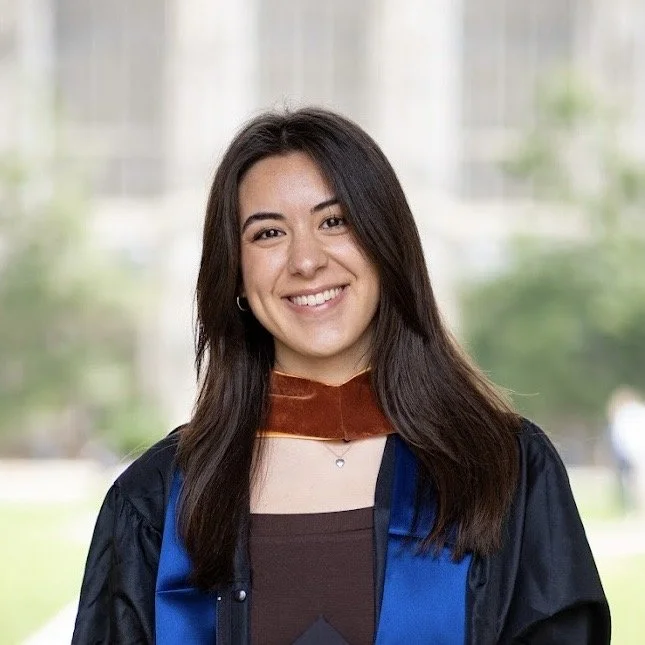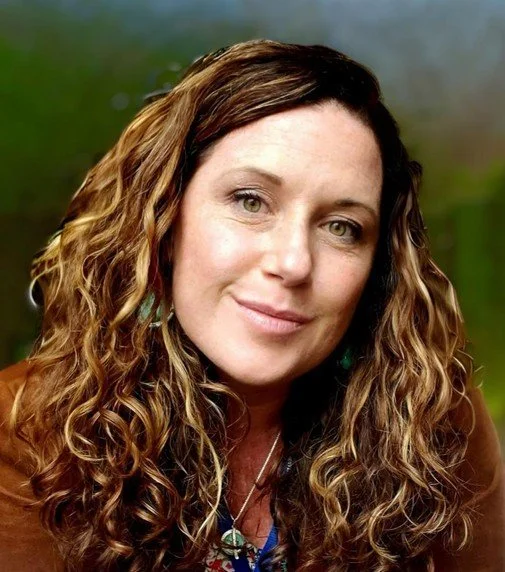Session 2: Water and Beyond
〰️
Session 2: Water and Beyond 〰️
-
Increased wildfires throughout the western United States have led to increased application of fire suppression products. Adaptation to this climate change reality includes the use of improved wildfire retardant formulations that are trade secrets. These improved retardants include aqueous solutions with chemical additives, including various concentrations of toxic metals. The fire retardant used on the Chatfield Watershed Quarry Fire site contains high concentrations of constituents of concern such as phosphorus, arsenic, and chromium. To understand the effects of the retardant, the Chatfield Watershed Authority sponsored a Colorado School of Mines Capstone project testing water and soil samples for contaminants. The results are enlightening and have inspired creative problem-solving with the recommendation of a demonstration project to address capturing this new concern in the watershed. Alan Leak with RESPEC would be the presenter.
-
Alan is the National Water Resources Practice Leader at RESPEC Company, LLC. and is the Technical Consultant to the Chatfield Watershed Authority. In his over his 40+ year career, Alan has acquired and applied his extensive experience to all facets of water resources engineering including stormwater, water and wastewater, and water rights. His current responsibilities include business development, project management, and leading teams of RESPEC employees in solving critical water resource engineering problems. Alan has been qualified as an expert in Colorado Water Courts and has given testimony on behalf of his clients before the Water Quality Control Commission. Alan is a native Coloradan, has been married for 43 years to his lovely wife Karen, has three grown children (two married), and a 21-month-old grandson.
-
Colorado's water resources face increasing pressure from climate change. The hottest and driest future projections in the Colorado Water Plan suggest a possible annual water supply shortage of 740,000 acre feet in Colorado’s cities and towns. Additionally, for every 1°F rise in average temperatures, potential streamflow diminishes by 3% - 5%. This will have far-reaching impacts to communities, agriculture, and our state’s watersheds and ecosystems.
To address this, the Colorado Water Conservation Board (CWCB) is implementing the Colorado Water Plan, which includes Action 4.10: develop a drought resilient toolkit. This toolkit will support the creation of regional "Water Security Roadmaps" (WSRs). The WSRs aim to unite local leaders to better understand regional water security challenges, establish collaborative and practical actions to increase water security and resilience, and guide communities toward funding opportunities that support their WSR priorities, especially related to aging water infrastructure, drought planning, and water conservation.
The CWCB is working with the Sonoran Institute and additional partners to convene workshops around the state, following a model similar to the highly regarded Growing Water Smart workshops. The Action 4.10 workshops will include a series of work sessions, panels that drive home local values and perspectives, and time for teams to exchange ideas, challenges, and collaborative solutions. By the end of each workshop, teams will create their own Water Security Roadmap.
Colorado communities recognize the importance of proactive water planning in an uncertain water future. Thus, the Colorado Water Plan’s Action 4.10 is an effort to collaboratively address the challenges that lay ahead. It is through effective planning, implementation, and relationship-building that we create more resilient and well-adapted communities.
Attend this presentation for more information about the Water Plan’s Action 4.10 and how you can provide input and be involved in the upcoming workshops.
-
Emily Adrid is the Water Planning and Climate Impacts Specialist at the Colorado Water Conservation Board (CWCB). In her role at CWCB, she supports the implementation of Colorado Water Plan actions, specifically related to climate adaptation, water resilience, and long-term water resource planning. Emily has experience with climate resilience and adaptation research and planning at local, state, and international scales. She earned a Master of Science at the University of Michigan, where she specialized in sustainable development and climate and environmental justice. Emily is passionate about advancing climate and water resilience in her home state.Emily Adrid is the Water Planning and Climate Impacts Specialist at the Colorado Water Conservation Board (CWCB). In her role at CWCB, she supports the implementation of Colorado Water Plan actions, specifically related to climate adaptation, water resilience, and long-term water resource planning. Emily has experience with climate resilience and adaptation research and planning at local, state, and international scales. She earned a Master of Science at the University of Michigan, where she specialized in sustainable development and climate and environmental justice. Emily is passionate about advancing climate and water resilience in her home state.
-
Kathryn (Kat) Weismiller serves as the Section Chief for Water Supply Planning at the Colorado Water Conservation Board. She is a multidisciplinary environmental and water resources planner with more than 15 years of local and international experience spanning water and environmental planning, strategic communications, stakeholder engagement, and government relations. Kat holds dual bachelor’s degrees in Geography and Environmental Studies from Macalester College in St. Paul, Minnesota, and a Master’s degree in Natural Resource Law from the University of Denver’s Sturm College of Law, where she focused on Water Law and Policy as well as Land Use Law. Kat has worked in the Water Supply Planning section at CWCB
-
Dany Garcia Moreno joined the Sonoran Institute in 2025 as Program Manager for Growing Water Smart activities in Colorado. In this role, she facilitates Growing Water Smart workshops and technical assistance efforts while managing the development of the Water
Secure Communities Program in partnership with the Colorado Water Conservation Board. She draws on her background in environmental planning, climate resilience and adaptation, and community-based water management to advance sustainable water practices across the state she calls home.
-
Scott Williamson is the Land Use and Water Planner for the Colorado Department of Local Affairs. He convenes and supports collaborative projects of the Colorado Water and Land Use Planning Alliance, works across state agencies to advance implementation of the Colorado Water Plan, and provides technical assistance to local governments. Scott is currently supporting implementation of several land use, housing, and strategic growth-related laws passed by the Colorado General Assembly in 2024. Scott is an AICP-certified planner with previous roles in both education and planning at Water Education Colorado, Denver Public Schools, the Puget Sound Partnership, and Seattle Public Utilities. Scott earned a BA in Environmental Studies and Biology from St. Olaf College and a Master of Urban Planning degree from the University of Washington.




